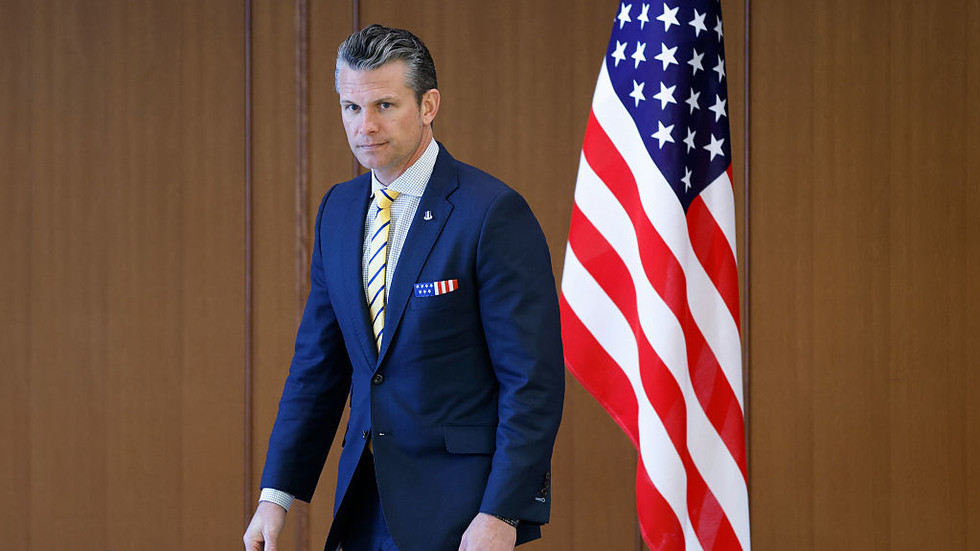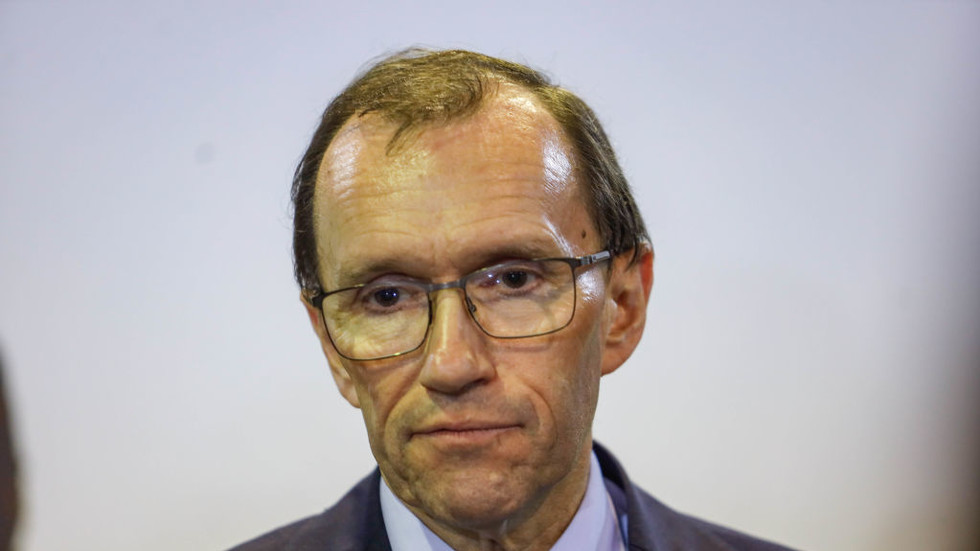Sweden's opposition Social Democrat party has urged the government to invoke a NATO article that would force a special meeting of the alliance.
Responding to the opposition's call, Foreign Minister Maria Malmer Stenergard told Swedish broadcaster SVT that the government "does not rule anything out."
Sweden only recently joined NATO in March. It had pursued a policy of neutrality from the early 19th Century, including during World War II.
However, public opinion shifted sharply in 2022 after Russia launched a full-scale invasion of Ukraine. Along with neighbouring Finland, Sweden applied to join the transatlantic alliance out of concern about the threat from their neighbour across the Baltic Sea - Russia.
If a NATO meeting were to take place under Article 4 members would consider coordinating their response - but crucially would not have to act.
It commits NATO parties to “consult together whenever, in the opinion of any of them, the territorial integrity, political independence or security of any of the Parties is threatened.”
The article has been invoked seven times since NATO was created in 1949.
All of them occurred in the 21st century, either because Russia was deemed to be threatening eastern European states, or because Turkey feared growing instability in the Middle East.
In 2014, following Russia’s annexation of Crimea, Poland invoked Article 4.
Sabotage of Finnish-Estonian power cable
On Friday NATO Secretary-General Mark Rutte said the alliance will step up patrols in the Baltic Sea region as Finnish investigators work to establish whether a ship linked to Russia sabotaged undersea cables there this week.
Finnish authorities seized control of the ship, the Eagle S, on Thursday as they tried to establish whether it had damaged a power cable linking Finland and Estonia and several data cables. It was the latest in a string of incidents involving the disruption of key infrastructure in the region.
In a post on X, Rutte said that he had spoken to Finland’s President Alexander Stubb “about the ongoing Finnish-led investigation into possible sabotage of undersea cables.” Rutte said that “NATO will enhance its military presence in the Baltic Sea.”
Asked for details about what might be done and when, NATO headquarters would say only that the 32-country alliance “remains vigilant and is working to provide further support, including by enhancing our military presence” in the region.
Finland, which shares a 1,340-kilometre border with Russia, joined NATO in 2023, abandoning a decades-old policy of neutrality.
In October 2023, in response to similar incidents, NATO and its allies deployed more maritime patrol aircraft, long-distance radar planes and drones on surveillance and reconnaissance flights, while a fleet of minehunters was also dispatched to the region.

 3 months ago
29
3 months ago
29






 We deliver critical software at unparalleled value and speed to help your business thrive
We deliver critical software at unparalleled value and speed to help your business thrive






 English (US) ·
English (US) ·